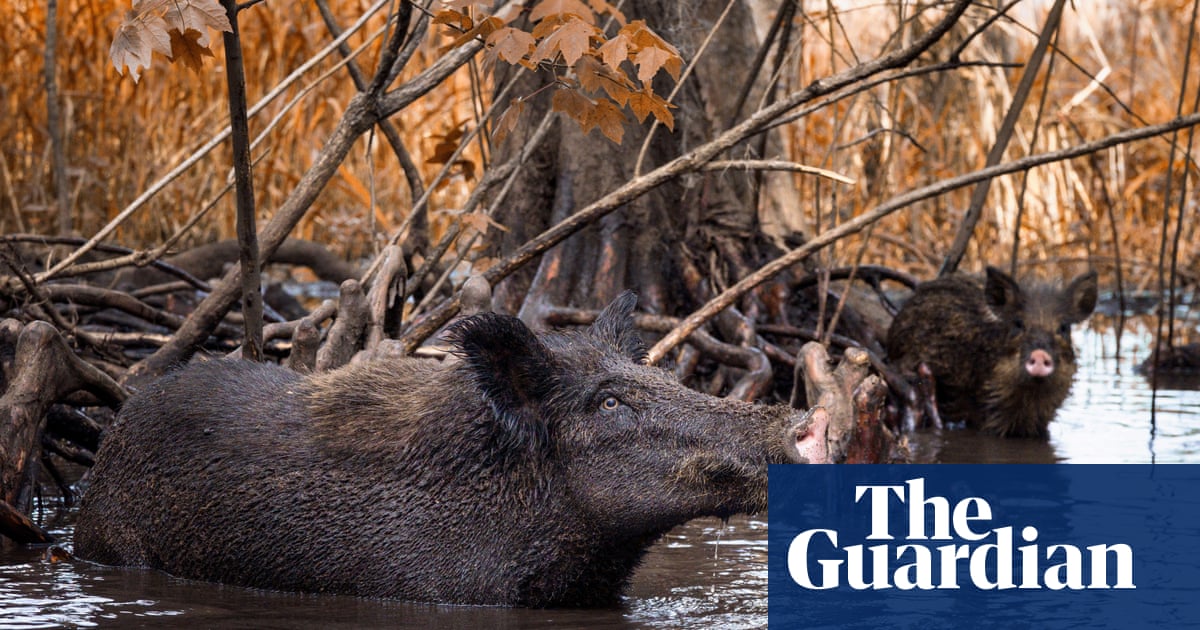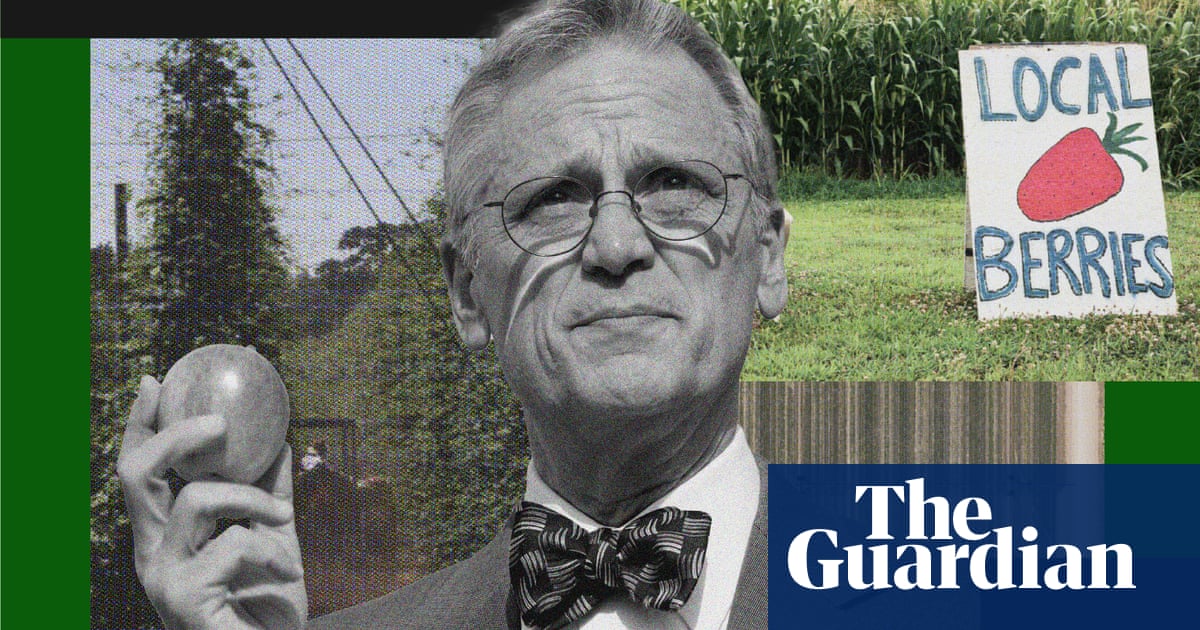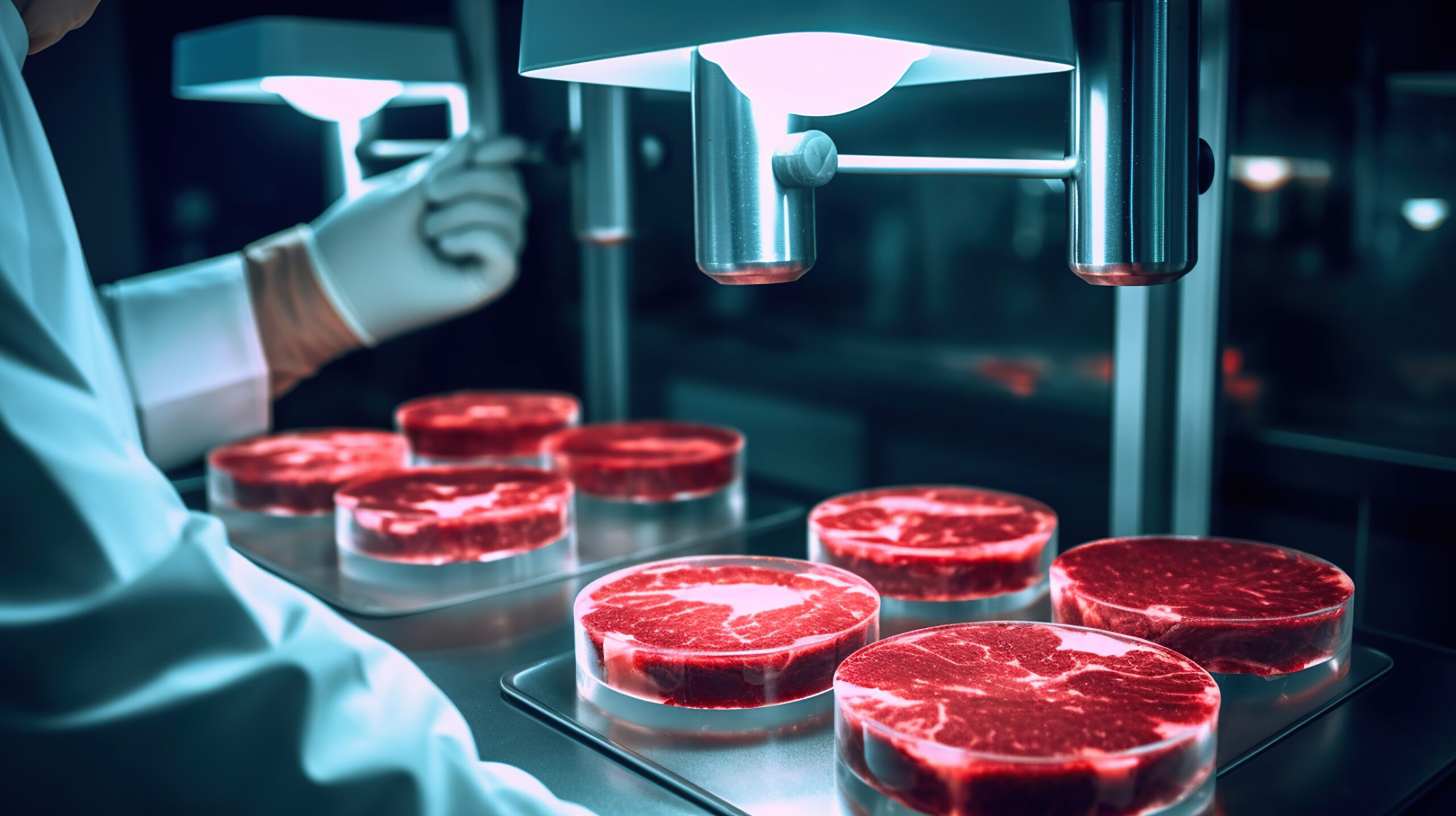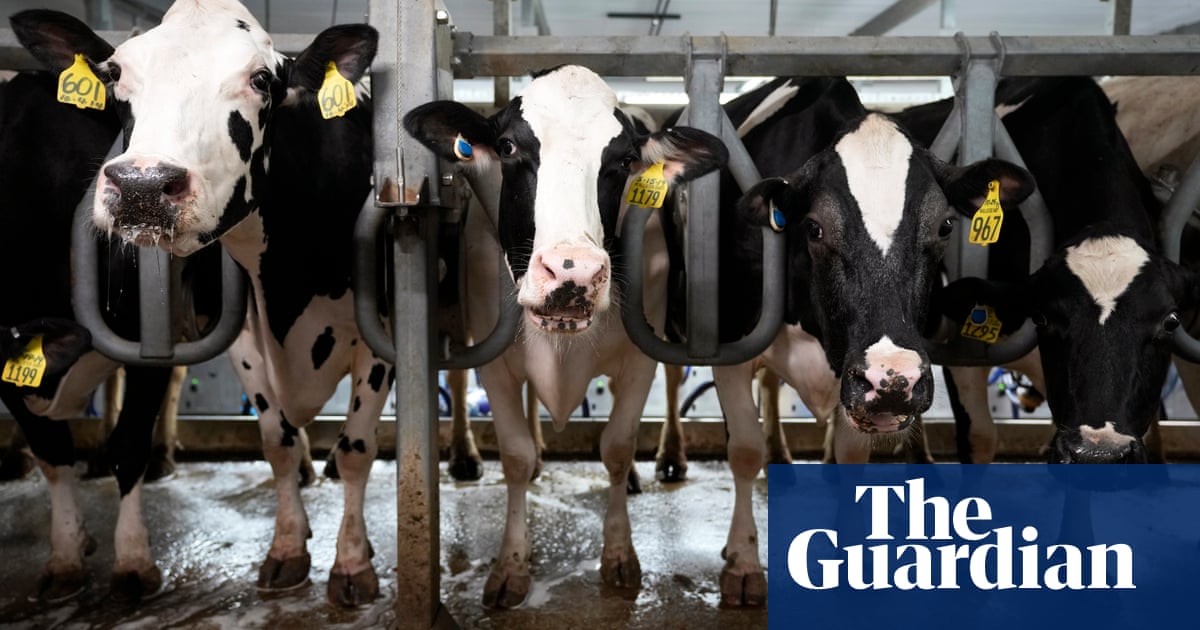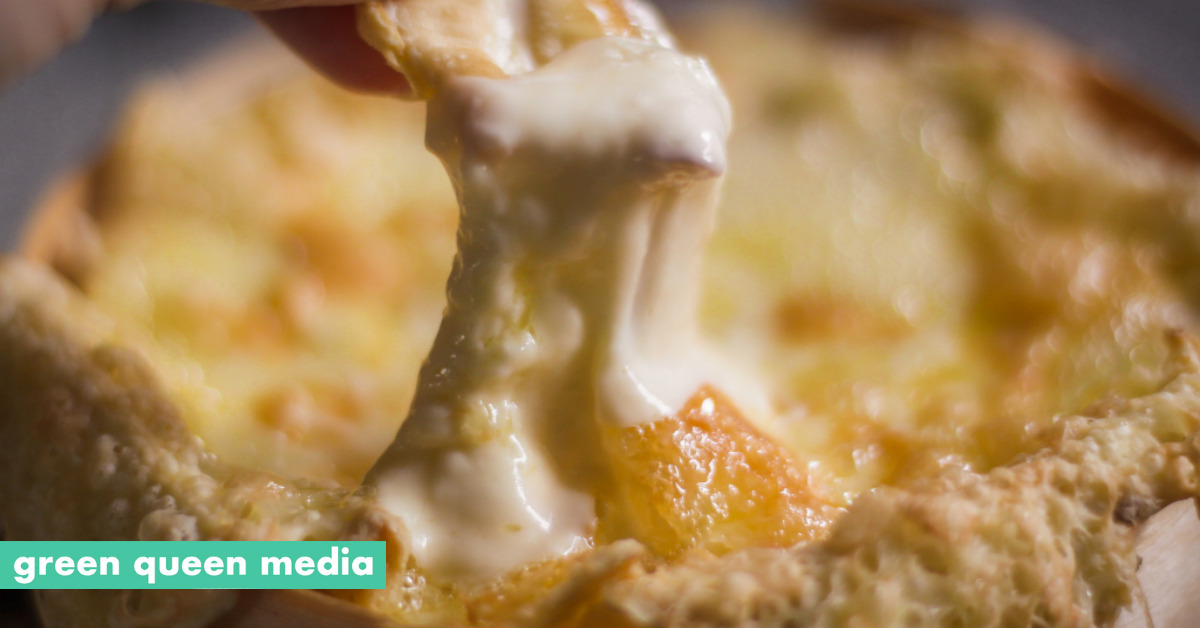Could the Next Pandemic Start at the County Fair? Could the Next Pandemic Start at the County Fair?
But there is real risk in our own backyards — and barnyards. Since 2011, there have been more confirmed human cases of swine flu in the United States than anywhere else in the world. (That may be because other nations are doing less testing and surveillance, and many cases here and abroad are likely to go undetected, experts say.) Most have been linked to agricultural shows and fairs. “They have become kind of hot spots,” Ms. Linder said.
Pigs play a key role in the evolution of influenza. They can be infected by swine, bird and human flu viruses simultaneously, serving as mixing vessels in which different strains can reshuffle their genetic material, yielding new versions of the virus.
The world is emerging from a pandemic that killed at least 6.9 million people. It won’t be the last. Outbreaks of zoonotic diseases, which can spread between animals and humans, have become more frequent in recent decades, and animal pathogens will continue spilling over into human populations in the years ahead. To Americans, spillover might seem like a distant problem, a danger that dwells in places like the live animal market in Wuhan, China, that may have been the origin of the Covid-19 pandemic
But there is real risk in our own backyards — and barnyards. Since 2011, there have been more confirmed human cases of swine flu in the United States than anywhere else in the world. (That may be because other nations are doing less testing and surveillance, and many cases here and abroad are likely to go undetected, experts say.) Most have been linked to agricultural shows and fairs. “They have become kind of hot spots,” Ms. Linder said.
Pigs play a key role in the evolution of influenza. They can be infected by swine, bird and human flu viruses simultaneously, serving as mixing vessels in which different strains can reshuffle their genetic material, yielding new versions of the virus.
The world is emerging from a pandemic that killed at least 6.9 million people. It won’t be the last. Outbreaks of zoonotic diseases, which can spread between animals and humans, have become more frequent in recent decades, and animal pathogens will continue spilling over into human populations in the years ahead. To Americans, spillover might seem like a distant problem, a danger that dwells in places like the live animal market in Wuhan, China, that may have been the origin of the Covid-19 pandemic



